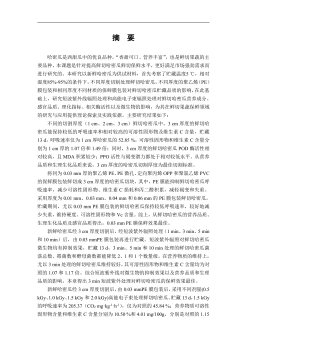高层管理团队共享心智模式与团队绩效关系研究
中文摘要在知识经济和网络经济高度发展的今天,企业的生存环境变得异常动态、不确定,使得团队这种组织形式成为企业克服自身僵性的重要手段。高层管理团队负责企业的战略决策和整体组织运营,所以高管团队的绩效会很大程度上影响组织绩效,高管团队无疑成为企业的核心战略资源。关于高层管理团队的绩效和相关方面的研究也受到企业界和学界的广泛重视[1]。回顾高管团队的研究,研究者一开始以高管团队人口统计特征及其差异性作为认知特征的替代研究它们对高层管理团队绩效或组织绩效方面的影响,但是两者之间的关系不稳定而且常常相互矛盾;后来研究者又转向团队过程和情境变量的研究,但是仍然没能很好的解释团队运作过程的本质。纠其原因是忽...
相关推荐
-
我国基层财政困难的制度成因分析与对策研究VIP免费
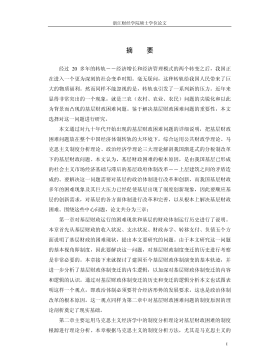
 2024-09-20 33
2024-09-20 33 -
我国煤电产业链纵向交易合约机制研究VIP免费
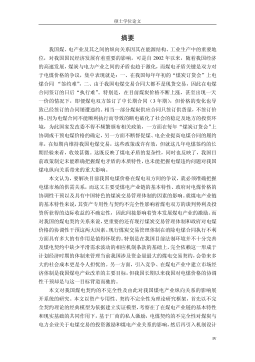
 2024-09-20 28
2024-09-20 28 -
生产要素视角下的上海市产业结构优化研究VIP免费
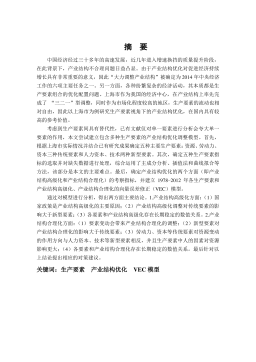
 2025-01-09 7
2025-01-09 7 -
我国银行业结构与经济结构关系研究VIP免费
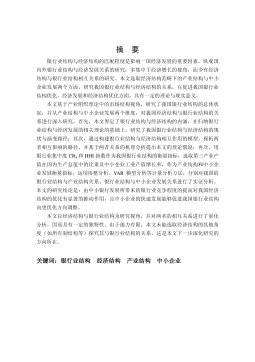
 2025-01-09 7
2025-01-09 7 -
大数据视角下农业供应链金融研究VIP免费
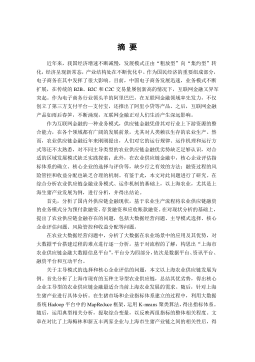
 2025-01-09 6
2025-01-09 6 -
跨国大型综合超市的规划研究VIP免费
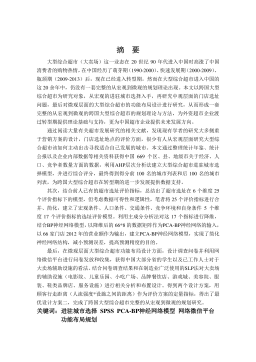
 2025-01-09 6
2025-01-09 6 -
跨境电商农产品质量安全问题研究VIP免费
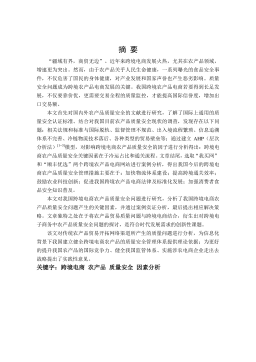
 2025-01-09 7
2025-01-09 7 -
世界市场的虚拟化与我国国际电子商务发展方向研究VIP免费
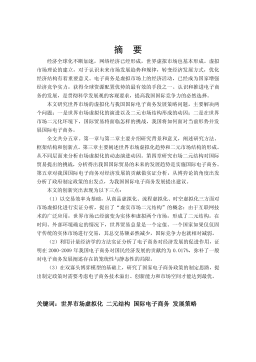
 2025-01-09 9
2025-01-09 9 -
中国政府对电力行业的价格规制问题研究VIP免费
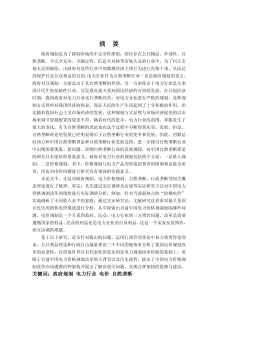
 2025-01-09 14
2025-01-09 14 -
中小企业信息化系统集成技术研究VIP免费
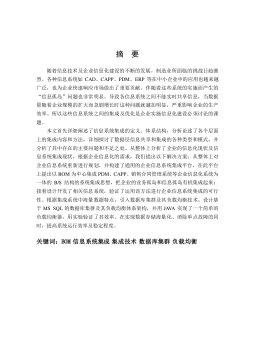
 2025-01-09 14
2025-01-09 14
相关内容
-

跨国大型综合超市的规划研究
分类:高等教育资料
时间:2025-01-09
标签:无
格式:PDF
价格:15 积分
-

跨境电商农产品质量安全问题研究
分类:高等教育资料
时间:2025-01-09
标签:无
格式:PDF
价格:15 积分
-

世界市场的虚拟化与我国国际电子商务发展方向研究
分类:高等教育资料
时间:2025-01-09
标签:无
格式:PDF
价格:15 积分
-

中国政府对电力行业的价格规制问题研究
分类:高等教育资料
时间:2025-01-09
标签:无
格式:PDF
价格:15 积分
-

中小企业信息化系统集成技术研究
分类:高等教育资料
时间:2025-01-09
标签:无
格式:PDF
价格:15 积分


